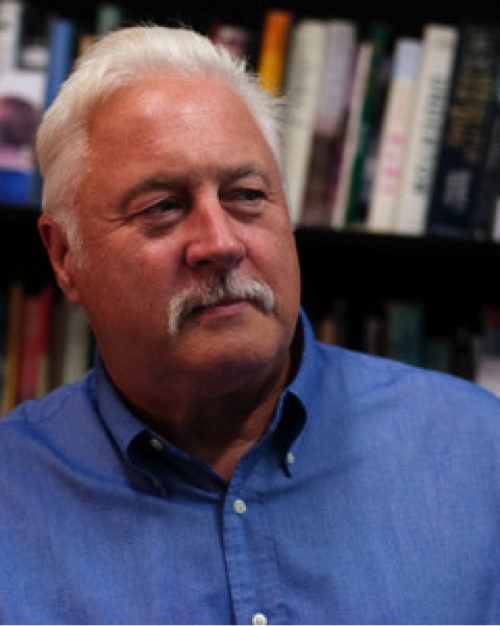
By Brendan O’Meara
Man, we lost another wonderful, brilliant, generous member of the writing community, CNFers. Philip Gerard passed away earlier this week.
A few weeks ago we lost Matt Tullis, a wonderful writer of narrative nonfiction, and a teacher of longform journalism. When he was working on what would become his memoir Running with Ghosts, he attended an MFA program out of Wilmington, NC, spearheaded by Philip Gerard.
Phil was someone who had always been one of those dudes I could call on if I had a question on writing, dating all the way back to 2008 when I wrapped up my MFA, right through 2017 and 2019 when he was one of the best guests on this very podcast. I never had him as a mentor in grad school, but he was always someone whose brain I liked picking. He never discounted you on wisdom and encouragement.
Continue reading “Episode 342: Remembering Philip Gerard”